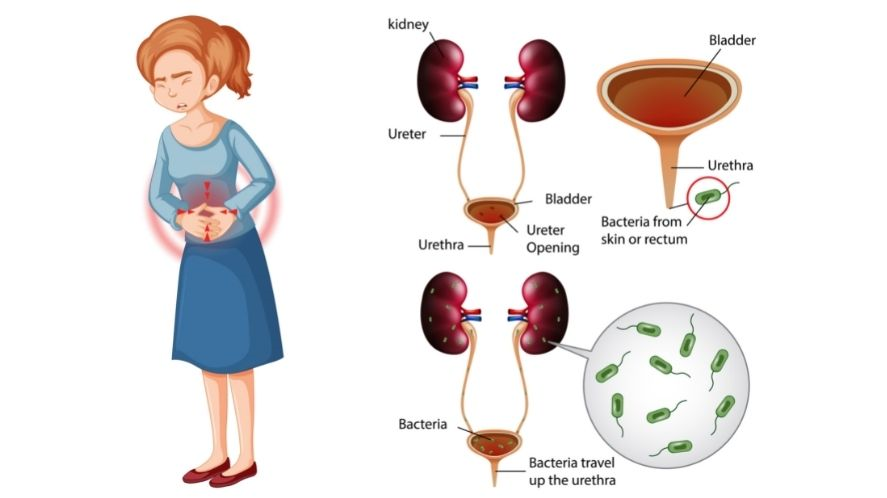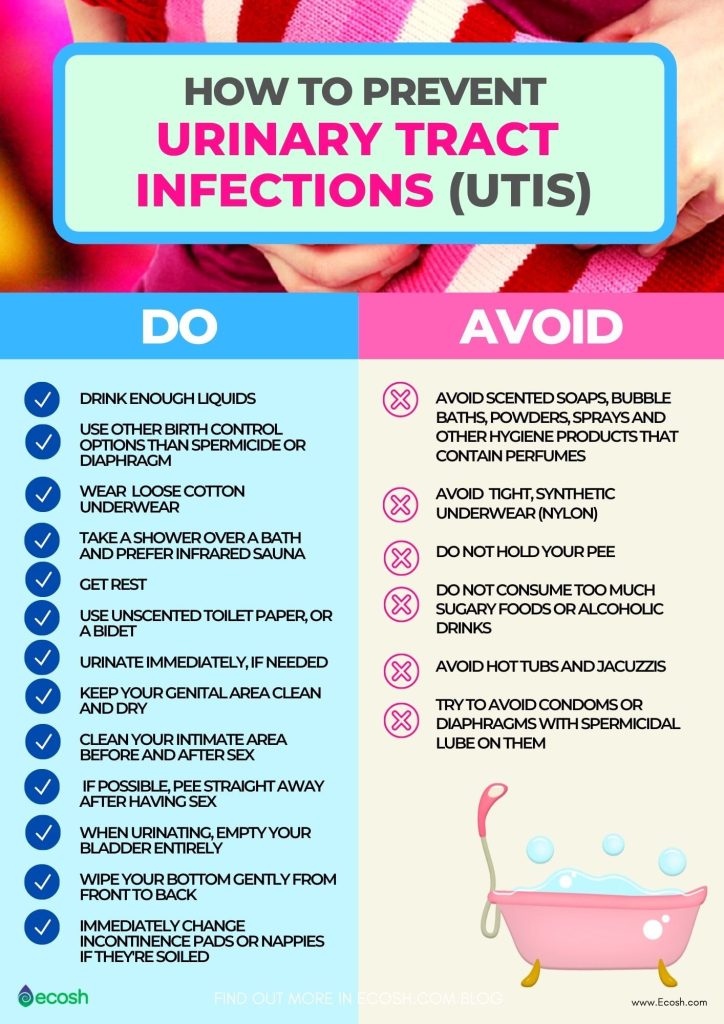Understanding Urinary Tract Infections (Cystitis): Causes, Symptoms, and Effective Treatment

Introduction
Hello there! I’m here to shed some light on a common but often underestimated health concern – Urinary Tract Infections (UTIs), also known as Cystitis. Whether you’re experiencing it for the first time or looking for ways to prevent recurrence, you’re in the right place. In this article, we will delve into the causes, symptoms, and effective treatments for UTIs. So, let’s get started!
Understanding Urinary Tract Infections (Cystitis)
Urinary Tract Infections, or UTIs, occur when bacteria enter the urinary tract, causing an infection. This can affect various parts of the urinary system, including the bladder, urethra, and kidneys. While anyone can get a UTI, they are more common in women due to their shorter urethra, which makes it easier for bacteria to travel up into the bladder.
Common Causes of UTIs
- Bacteria: The most common cause of cystitis is the bacteria Escherichia coli (E. coli) from the digestive system. These bacteria enter the urethra and travel up into the bladder, leading to infection.
- Sexual Activity: Sexual intercourse can introduce bacteria into the urethra, increasing the risk of UTIs, especially in women.
- Urinary Retention: Incomplete emptying of the bladder can allow bacteria to multiply within the urinary tract.
- Urinary Tract Abnormalities: Any structural issues in the urinary tract that hinder the flow of urine can increase the risk of infections.
- Using Diaphragms or Spermicides: Certain birth control methods can promote bacterial growth in the urinary tract.
- Weakened Immune System: Individuals with weakened immune systems, such as those with diabetes or HIV, are more susceptible to UTIs.
Recognising the Symptoms
- Pain or Discomfort: A burning sensation during urination is a common symptom.
- Frequent Urination: Urinating more often than usual, with small amounts of urine.
- Urgency: Sudden, strong urges to urinate that are difficult to control.
- Cloudy or Strong-Smelling Urine: Changes in urine color or smell can indicate an infection.
- Pelvic Pain: Discomfort in the lower abdomen or pelvic area.
- Haematuria: Blood in the urine, which can give the urine a pink or reddish color.
- Fever and Chills: In more severe cases, a UTI can lead to fever and chills.
- Burning Sensation: A burning or stinging sensation during urination.
Prevention is key
- Stay Hydrated: Drinking plenty of water can help flush bacteria out of the urinary system.
- Urinate Regularly: Don’t hold in urine for extended periods; empty your bladder regularly.
- Wipe Properly: Always wipe from front to back after using the toilet to prevent the spread of bacteria.
- Urinate After Sex: Urinating after sexual activity can help flush out any bacteria that might have entered the urethra.
- Avoid Irritants: Limit the consumption of caffeine, alcohol, and spicy foods, which can irritate the bladder.
Treatment:
- UTI Antibiotics: UTI caused by bacteria is usually treated with a course of antibiotics prescribed by a healthcare provider (From MCO, you can purchase a prescription for UTI antibiotics online same day as treatment should ideally be started on the same day). It’s crucial to complete the entire course, even if symptoms improve before it’s finished.
- Pain Relief: Over-the-counter pain relievers like ibuprofen can help alleviate discomfort and reduce inflammation.
- Increased Fluid Intake: Drinking plenty of water can help flush out bacteria from the urinary tract.
- Avoid Irritants: Avoid substances that can irritate the bladder, such as caffeine, alcohol, spicy foods, and artificial sweeteners.
- Good Hygiene: Wipe from front to back after using the toilet to prevent the spread of bacteria from the anal area to the urethra.
- Cranberry Juice: Some studies suggest that cranberry juice or supplements may help prevent UTIs by preventing bacteria from sticking to the urinary tract walls, although this is not a proven cure.
- Cystitis Relief Sachets: Over the counter UTI medicine is available to ease symptoms, but may not always be effective to eliminate an infection (You may required antibiotics for a UTI).
Benefits of staying hydrated for a healthy urinary tract.


Conclusion
Remember, early detection and prompt treatment are key in managing UTIs. By adopting preventive measures and seeking timely medical attention, you can keep your urinary tract healthy and infection-free.
If you suspect a UTI, don’t hesitate to consult with your healthcare provider. Stay healthy!
If you need help and advice please check our service page for Urinary Tract Infections Cystitis.
—
This article aims to provide valuable information about UTIs in a friendly, doctor-like tone while being SEO-friendly. It covers essential aspects like causes, symptoms, prevention, and treatment options. The suggested illustrations complement the content by providing visual aids.
Latest articles
- How to book medical consultation online for Chest Infection UK?
- Book Your Online Consultation in a Few Steps: Easiest Way to Access Healthcare
- Eczema/Dermatitis- Causes, Symptoms, Treatment and Prevention
- Chest Infections: Causes, Symptoms, and Treatment
- Understanding Urinary Tract Infections (Cystitis): Causes, Symptoms, and Effective Treatment
Copyright Medical Consultations Online | Created by Rak Design